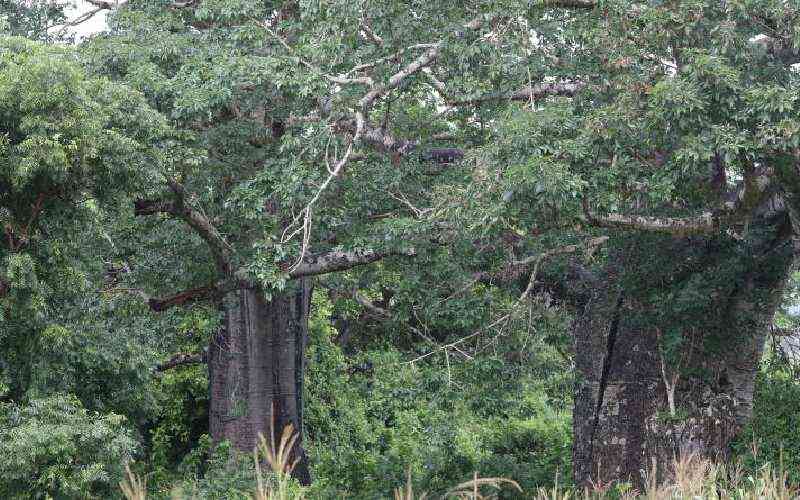×
The Standard e-Paper
Fearless, Trusted News

A Baobab tree in Mavueni, Kilifi County. [Kelvin Karani, Standard]
Environment and Forestry Cabinet Secretary Soipan Tuya on November 22 revoked licenses that permitted a private company to uproot baobab trees in Kilifi and transport them to the United States.